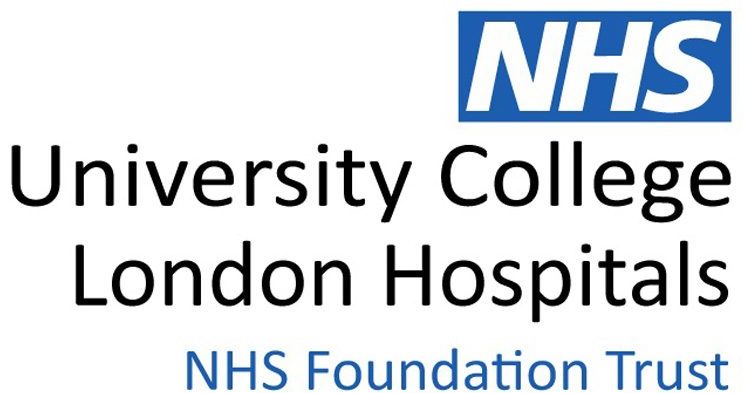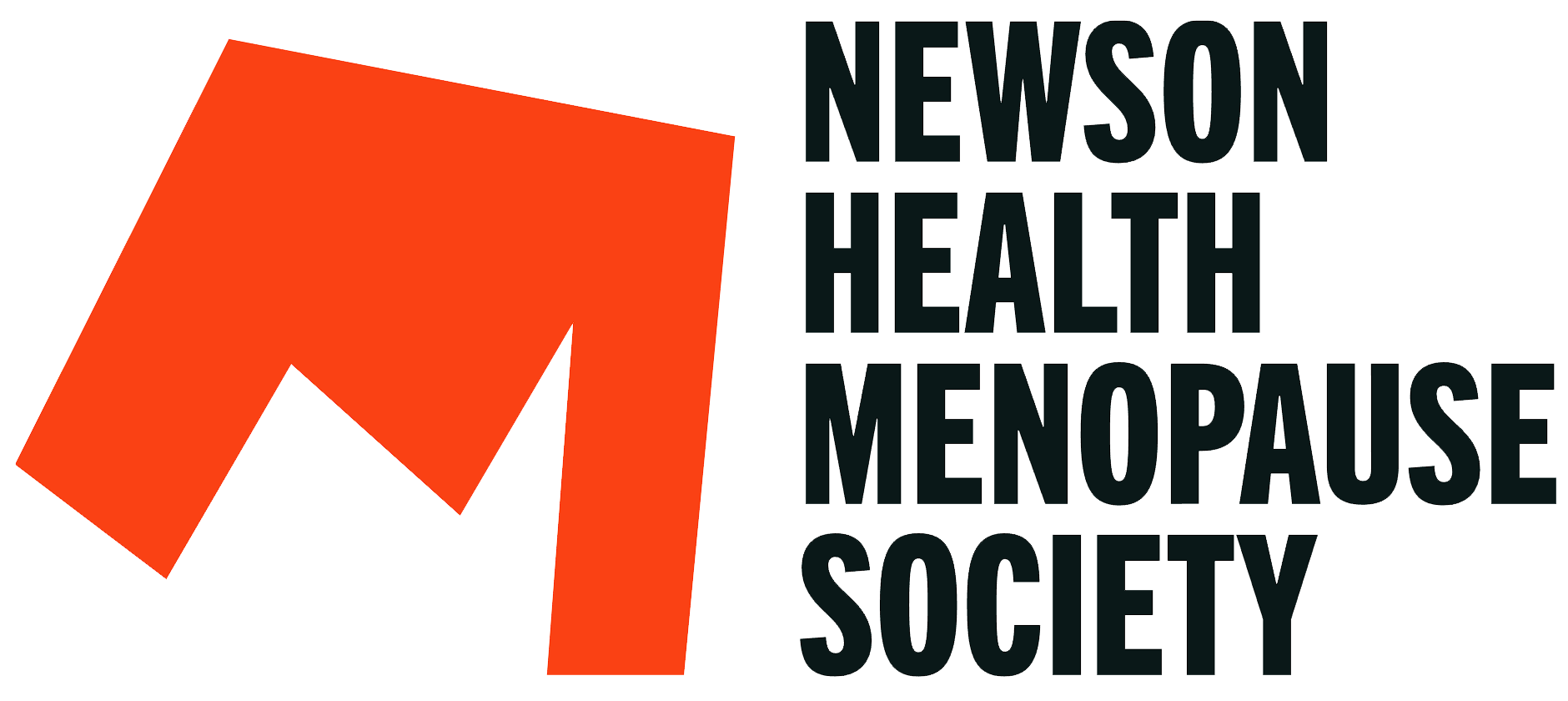The benefits of HRT can be divided into short-term and long-term effects.
HRT is effective at relieving the symptoms of menopause. These include night sweats, hot flushes, mood swings, and reduced libido, all of which can significantly lower quality of life.
In the longer term, HRT is also effective at improving health, mood and bone strength and reducing the risk associated with cardiovascular disease, adult-onset diabetes, osteoarthritis and dementia.
Continued use of HRT carries many benefits, some of which are explained below. Each array is composed of 100 women, meaning one person is equivalent to 1%.
Treat as per Premature Ovarian Insufficiency (POI) Guideline.
Consider referral if appropriate.
DIAGNOSTICS
Consider blood tests to exclude other causes
FSH levels two occasions >4 weeks apart (> 25 IU/l on two occasions).
Normal levels do not exclude POI and should not delay treatment.FBC, TFT, coeliac screen, B12, folate, ferritin, HbA1c. Consider 21OHAb (adrenocorticol antibodies)
Estradiol levels
Total testosterone and SHBG to calculate FAI
Prolactin
Most of the available clinical evidence for HRT comes from studies of women starting HRT around the age of natural menopause, but women who undergo early menopause or who have been diagnosed with premature ovarian insufficiency benefit greatly from HRT as well.
Benefits
Improved mood: 96%
96% of women whose mood has been affected by the menopause reported that their mood improved after starting HRT.
Improved vaginal symptoms: 85%
85% of women with vaginal symptoms, such as dryness and pain during intercourse, were helped by systemic HRT (additional vaginal estrogen might be required).
Improved sleep quality: 56%
56% of women who experience vasomotor symptoms, for example hot flushes or night sweats, reported that their sleep quality improved following HRT.
Cardiovascular risk improvement: 52%
Women receiving HRT for up to 10 years starting within 10 years of the menopause had a 52% reduced risk of heart attack, heart failure and death due to heart disease.
Dementia risk improvement: 34%
34% of women receiving estrogen-only HRT within 10 years of the menopause have improved cognitive ability
Osteoporosis risk improvement: 22%
Women receiving any type of HRT have a 22% reduced risk of fragility fractures associated with osteoporosis
Do not commence hormonal treatment and consider referral to specialist services.
More information
- NICE Guideline
- NICE Clinical Summary
- RCOG Menopause Hub
- BMS Tools for Clinicians
- IMS Resources
- PCWHF Guidance
- BNF Treatment Summary
- NH Menopause Society
- Menopause Doctor
Information is sourced from NICE, RCOG, MHRA, and other published literature. No warrant is given that the module is free of errors, complete or up-to-date, and no information herein should be considered a substitution for medical expertise, experience and judgement. For feedback, please use the link above.



